Science Fiction: Exploring the Future and the Limits of Imagination
Science fiction is a literary and cinematic genre that explores futuristic settings, technological advancements, and social issues through speculative narratives. Unlike other genres, it is based on scientific possibilities, often extrapolating current knowledge to create worlds where technology and science play central roles. This genre not only entertains but also challenges the reader or viewer to reflect on the ethical, moral, and philosophical implications of scientific advancements.
Involvement with science fiction arises from its ability to transport the audience to unknown universes, stimulating curiosity and imagination. Science fiction stories often explore themes such as space travel, artificial intelligence, biotechnology, and parallel universes, offering an escape from everyday reality and provoking debates about the future of humanity. Moreover, it allows us to visualize the consequences of our present actions, encouraging critical reflection on the direction we are taking as a society. This is why science fiction is so engaging: it combines the fascination with the unknown with a profound exploration of the potentials and challenges of the future.
Check out some examples of Japanese animations that address this theme below:
Neon Genesis Evangelion (1995-1996)
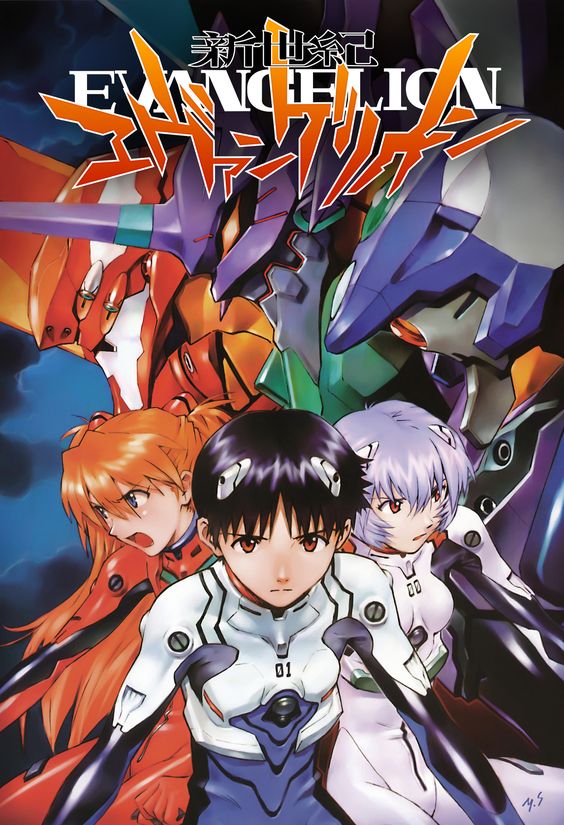
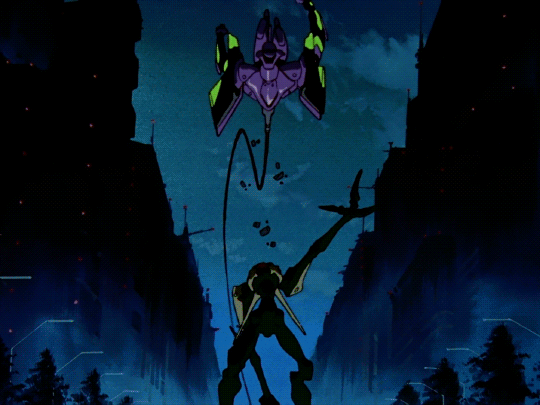
Description: In a post-apocalyptic world, Shinji Ikari, a teenager with a traumatic past, is called by his distant father, Gendo Ikari, to pilot a giant biomechanical robot called Evangelion. His mission is to combat mysterious beings known as Angels, which threaten to destroy humanity. As Shinji fights these external enemies, he also faces his own internal battles, dealing with issues of identity, loneliness, and the search for acceptance. The series is known for its complex storyline and philosophical themes, addressing topics such as existentialism, psychological trauma, and religious symbolism.
Studio: Gainax
Director: Hideaki Anno
Cowboy Bebop (1998-1999)
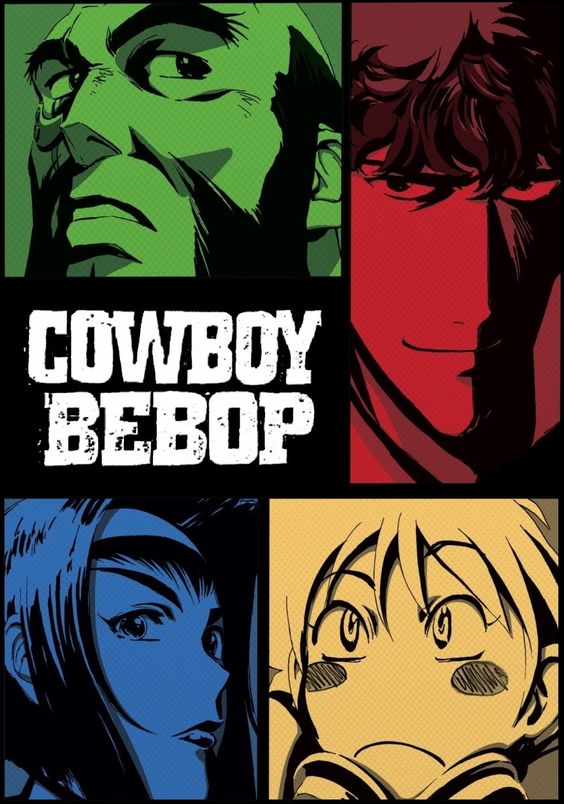
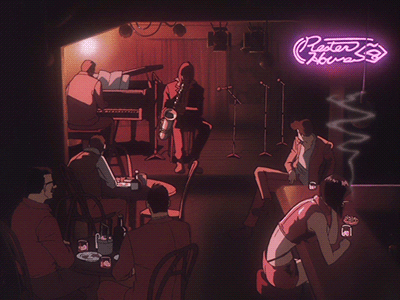
Description: Set in the year 2071, Cowboy Bebop follows the adventures of a team of space bounty hunters aboard the spaceship Bebop. Led by the charismatic and enigmatic Spike Spiegel, the team includes former cop Jet Black, the mysterious Faye Valentine, the prodigy hacker Edward, and the super-intelligent dog Ein. The series mixes action, drama, comedy, and elements of science fiction with an exceptionally unique soundtrack of jazz and blues, composed by Yoko Kanno. Cowboy Bebop is praised for its visual style, character development, and mature storytelling.
Studio: Sunrise
Director: Shinichirō Watanabe
Serial Experiments Lain (1998)
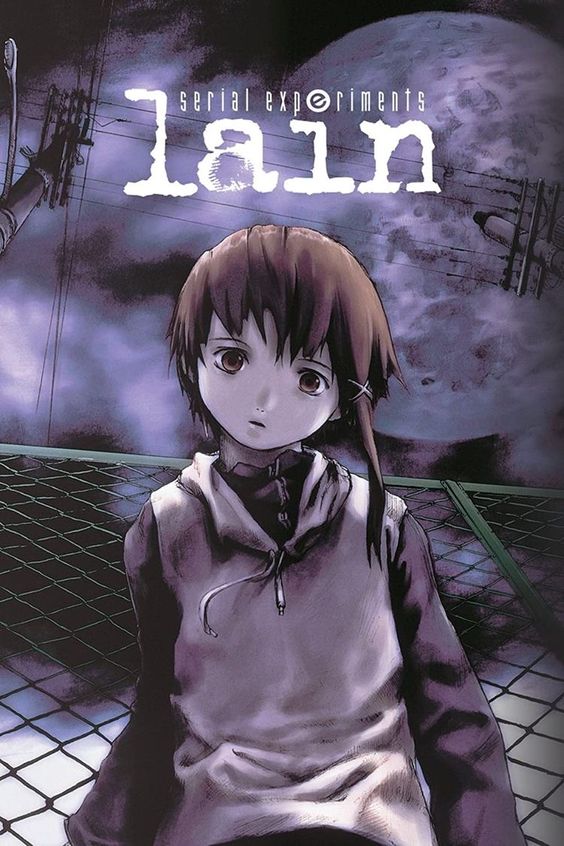
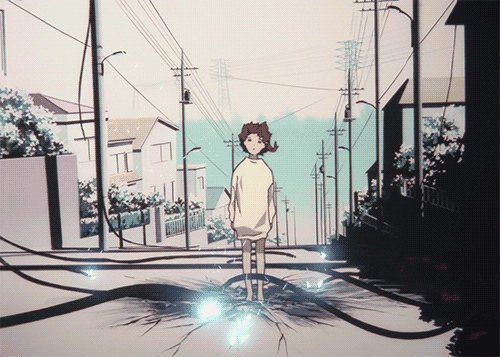
Description: Lain Iwakura, an introverted and reclusive student, receives an email from a schoolmate who committed suicide, claiming she is not dead but living in the virtual world called "Wired". As Lain delves deeper into the Wired, she begins to lose the distinction between reality and the virtual, facing questions of identity and the nature of existence. Serial Experiments Lain is a cyberpunk series that challenges the viewer with its non-linear narrative and philosophical themes, exploring the intersection between technology and the human mind.
Studio: Triangle Staff
Director: Ryūtarō Nakamura
Ghost in the Shell (1995)
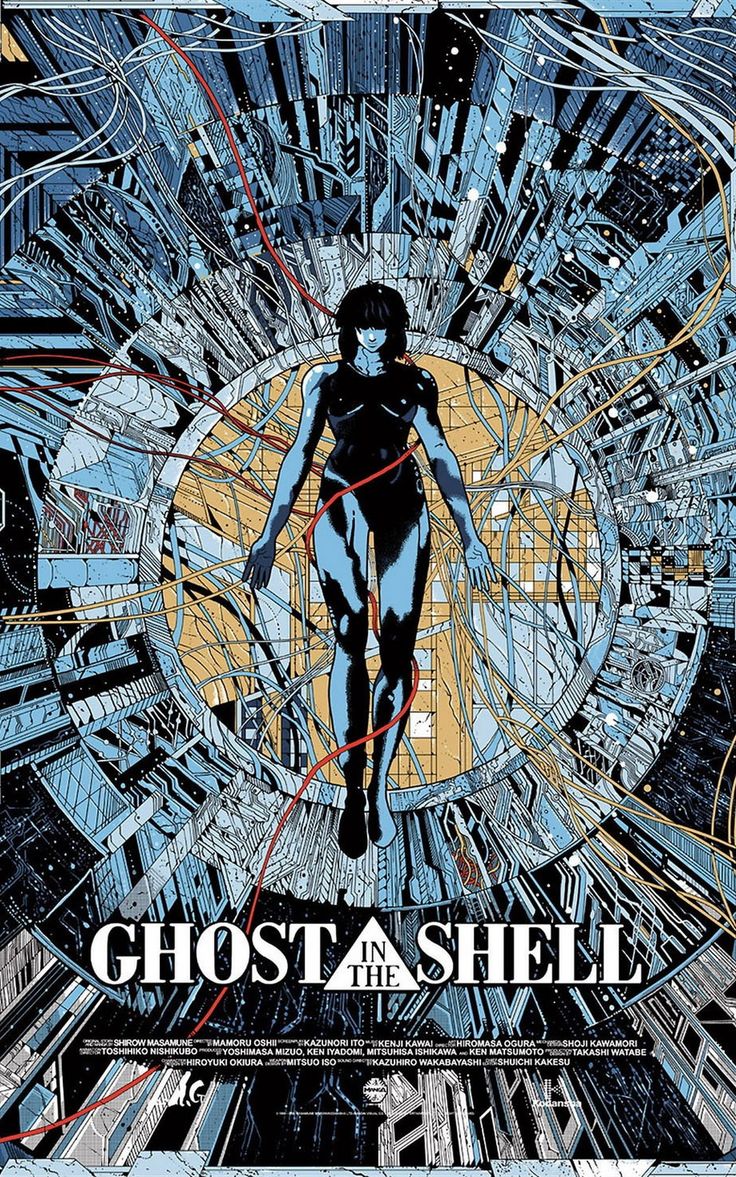
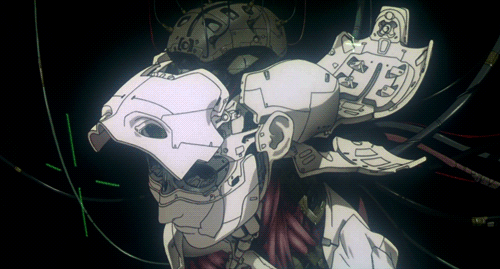
Description: In a future where humanity can connect directly to the internet through brain implants, Major Motoko Kusanagi, a highly advanced cyborg, leads Section 9, a special operations unit that combats cybercrime. She investigates a notorious hacker known as Puppet Master, who has the ability to invade and manipulate human minds. The film delves into deep philosophical questions about identity, consciousness, and the impact of technology on society. It is acclaimed for its high-quality animation and provocative themes.
Studio: Production I.G
Director: Mamoru Oshii